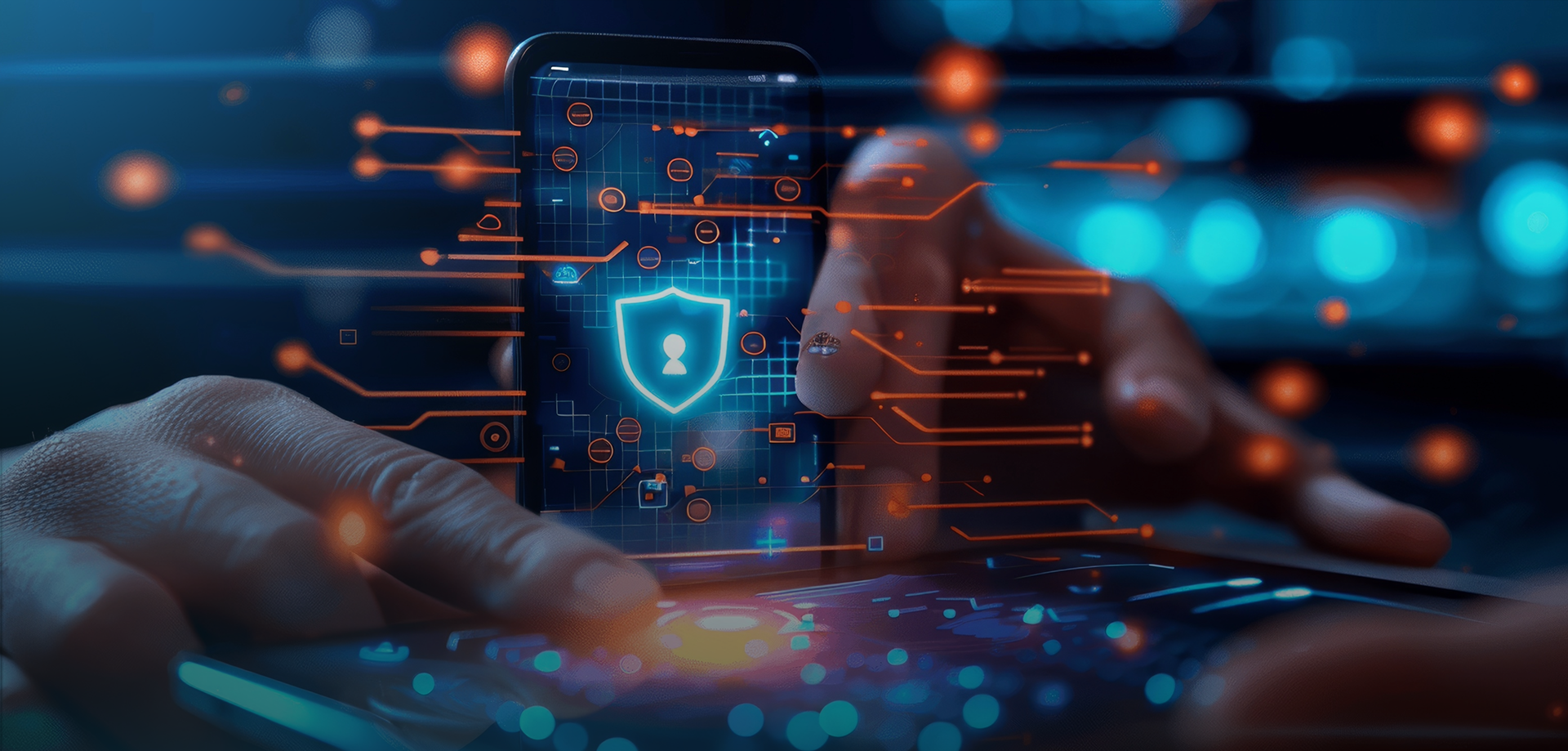
The digital era has transformed how businesses and individuals operate, but it has also opened the door to increasingly sophisticated cyber threats. Traditional defense strategies are no longer sufficient to counter advanced attacks. This is where AI in CyberSecurity plays a critical role, offering intelligent, adaptive, and proactive protection that redefines modern security needs.
Al In CyberSecurity
Key roles
Real-time threat detection
AI algorithms excel at recognizing unusual patterns across networks. By continuously monitoring traffic, they detect anomalies like unauthorized logins, malware injections, or unusual file transfers, enabling instant alerts and response.

Automated incident response
AI enables automated incident handling by isolating compromised systems, blocking malicious IPs, and containing threats without waiting for human intervention. This significantly reduces downtime and potential losses.
Advanced fraud prevention
AI-powered systems analyze user behavior across platforms. For example, banking institutions use AI to identify abnormal transaction patterns that may indicate fraud. This ensures a safer digital environment for both businesses and consumers.

Predictive risk analysis
Rather than waiting for breaches to occur, AI evaluates vulnerabilities within an organization’s infrastructure. It uses historical data and threat intelligence to forecast potential attack points, allowing security teams to strengthen defenses in advance.

Strengthening cloud security
AI helps monitor cloud environments by enforcing compliance policies, preventing unauthorized access, and ensuring sensitive information remains protected.

Conclusion
The role of AI in CyberSecurity extends far beyond traditional defense. It brings intelligence, automation, and foresight into an arena where speed and accuracy are crucial. By redefining modern security needs, AI ensures that organizations remain resilient in an ever-changing threat landscape.

